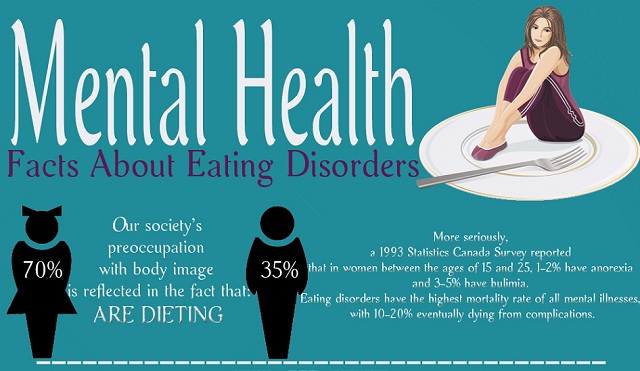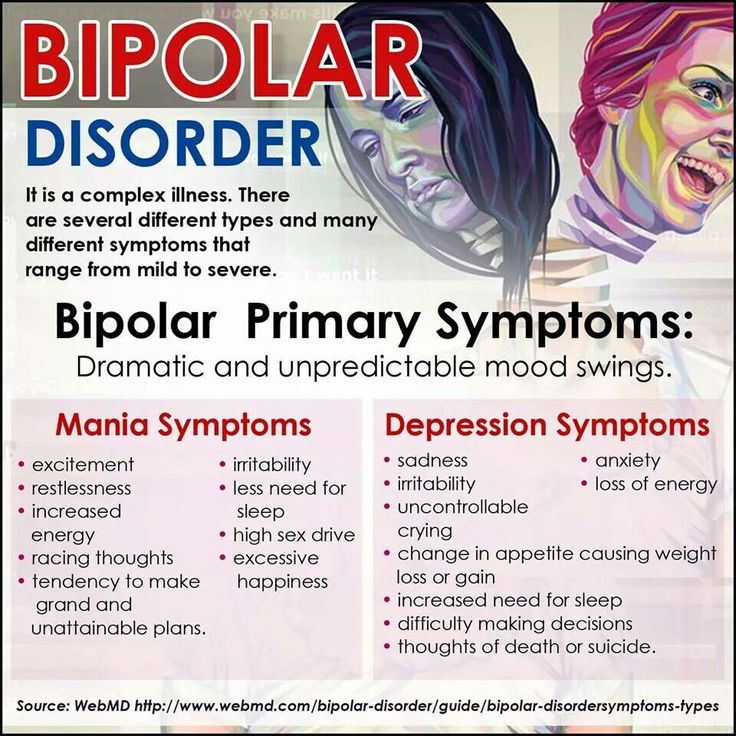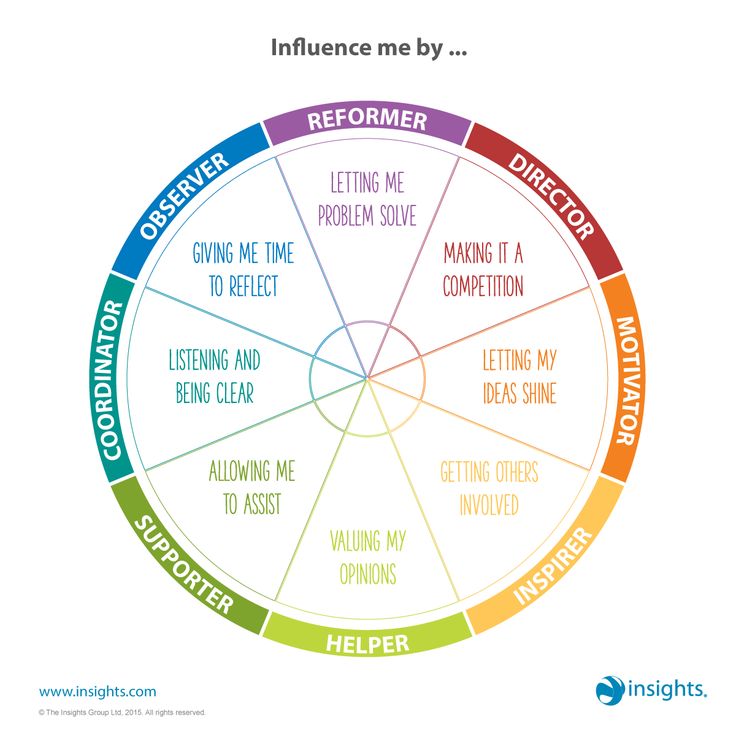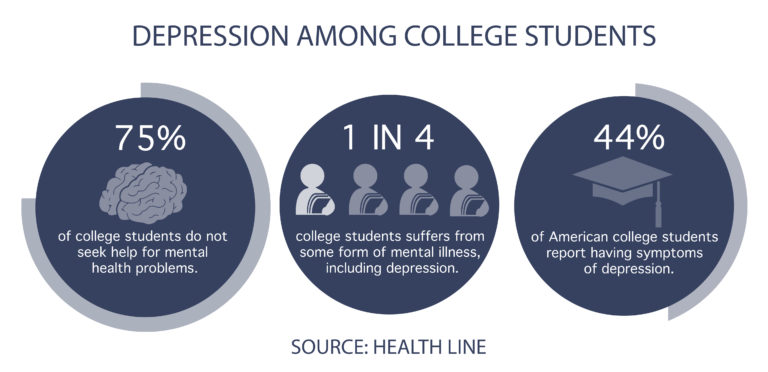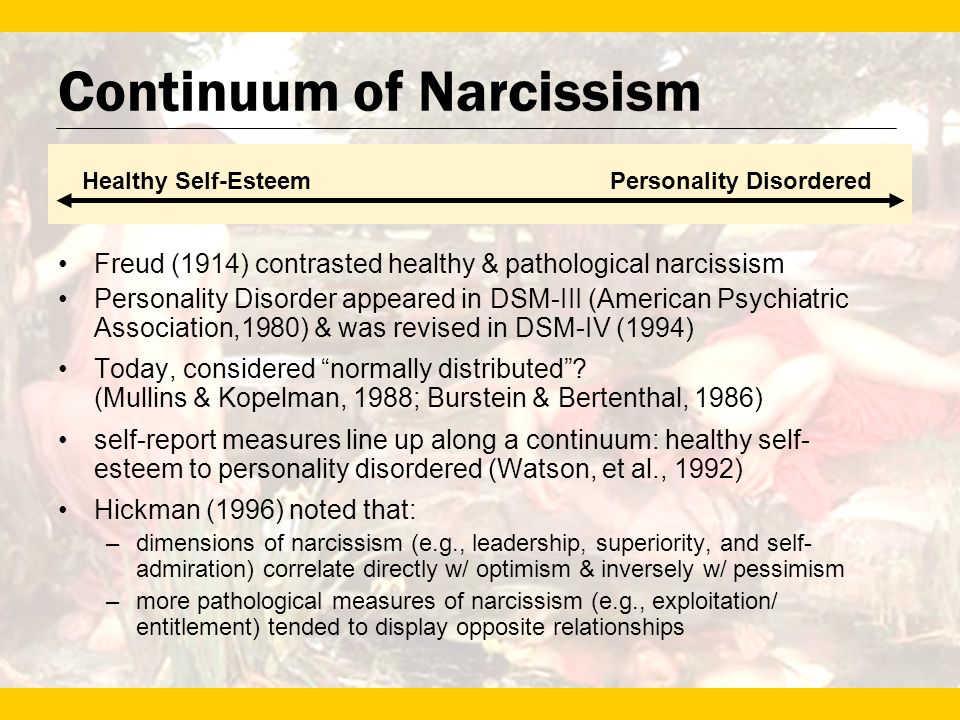How to support someone with eating disorder
Helping Someone with an Eating Disorder
eating disorders
Are you worried that someone you know has anorexia, bulimia, or another eating disorder? These tips can help you support your child, family member, or friend.
Understanding your loved one's eating disorder
Eating disorders involve extreme disturbances in eating behaviors—following rigid diets, bingeing on food in secret, throwing up after meals, obsessively counting calories. It’s not easy to watch someone you care about damage their health—especially when the solution appears, at least on the outside, to be simple. But eating disorders are more complicated than just unhealthy dietary habits. At their core, they’re attempts to deal with emotional issues and involve distorted, self-critical attitudes about weight, food, and body image. It’s these negative thoughts and feelings that fuel the damaging behaviors.
People with eating disorders use food to deal with uncomfortable or painful emotions. Restricting food is used to feel in control. Overeating temporarily soothes sadness, anger, or loneliness. Purging is used to combat feelings of helplessness and self-loathing. Over time, people with an eating disorder lose the ability to see themselves objectively and obsessions over food and weight come to dominate everything else in their lives. Their road to recovery begins by identifying the underlying issues that drive their eating disorder and finding healthier ways to cope with emotional pain.
While you can’t force a person with an eating disorder to change, you can offer your support and encourage treatment. And that can make a huge difference to your loved one’s recovery.
Affordable private online therapy. Get instant help, on any device, wherever you are in the world. Start feeling better today!
GET 20% OFF
With over 25,000 licensed counselors, BetterHelp has a therapist that fits your needs. Sign up today and get matched.
GET 20% OFF
Get professional online counseling for relationship or marital issues. It’s confidential, convenient, and easy to get started.
It’s confidential, convenient, and easy to get started.
GET 20% OFF
Types of eating disorders
The most common eating disorders are:
Anorexia. People with anorexia starve themselves out of an intense fear of becoming fat. Despite being underweight or even emaciated, they never believe they're thin enough. In addition to restricting calories, people with anorexia may also control their weight with exercise, diet pills, or purging.
Bulimia. Bulimia involves a destructive cycle of bingeing and purging. Following an episode of out-of-control binge eating, people with bulimia take drastic steps to purge themselves of the extra calories. In order to avoid weight gain they vomit, exercise to excess, fast, or take laxatives.
Binge Eating Disorder. People with binge eating disorder compulsively overeat, rapidly consuming thousands of calories in a short period of time. Despite feelings of guilt and shame over these secret binges, they feel unable to control their behavior or stop eating even when uncomfortably full.
| Myths and Facts about Eating Disorders |
| Myth 1: You have to be underweight to have an eating disorder. Fact: People with eating disorders come in all shapes and sizes. Many individuals with eating disorders are of average weight or are overweight. |
| Myth 2: Only teenage girls and young women are affected by eating disorders. Fact: While eating disorders are most common in young women in their teens and early twenties, they are found in men and women of all ages—from children to older adults. |
| Myth 3: People with eating disorders are vain. Fact: It's not vanity that drives people with eating disorders to follow extreme diets and obsess over their bodies, but rather an attempt to deal with uncomfortable feelings. |
Myth 4: Eating disorders aren't really that dangerous. Fact: Eating disorders are serious conditions that cause both physical and emotional damage. All eating disorders can lead to irreversible and even life-threatening health problems, such as heart disease, bone loss, stunted growth, infertility, and kidney damage. |
Many people worry about their weight, what they eat, and how they look. This is especially true for teenagers and young adults, who face extra pressure to fit in and look attractive at a time when their bodies are changing. As a result, it can be challenging to tell the difference between an eating disorder and normal self-consciousness, weight concerns, or dieting. Further complicating matters, people with an eating disorder will often go to great lengths to hide the problem. However, there are warning signs you can watch for. And as eating disorders progress, the red flags become easier to spot.
Restricting food or dieting
- Making excuses to avoid meals or situations involving food (e.
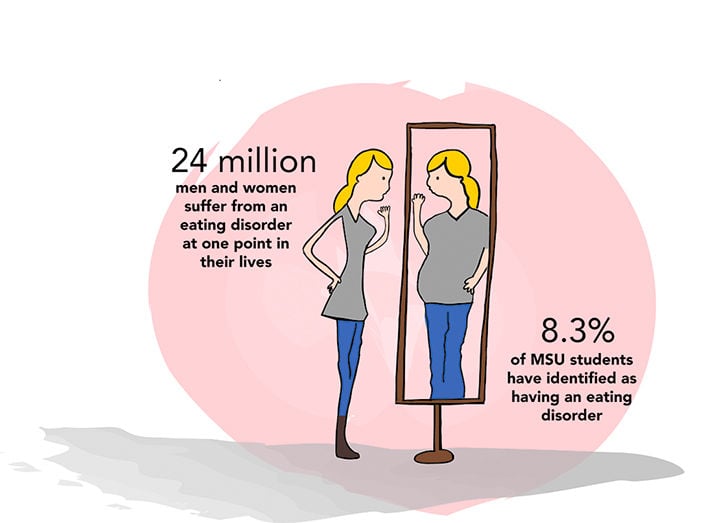 g. they had a big meal earlier, aren't hungry, or have an upset stomach)
g. they had a big meal earlier, aren't hungry, or have an upset stomach) - Eating only tiny portions or specific low-calorie foods, and often banning entire categories of food such as carbs and dietary fat
- Obsessively counting calories, reading food labels, and weighing portions
- Developing restrictive food rituals such as eating foods in certain orders, rearranging food on a plate, excessive cutting or chewing.
- Taking diet pills, prescription stimulants like Adderall or Ritalin, or even illegal drugs such as amphetamines (speed, crystal, etc.)
Bingeing
- Unexplained disappearance of large amounts of food in short periods of time
- Lots of empty food packages and wrappers, often hidden at the bottom of the trash
- Hoarding and hiding stashes of high-calorie foods such as junk food and sweets
- Secrecy and isolation; may eat normally around others, only to binge late at night or in a private spot where they won't be discovered or disturbed
Purging
- Disappearing right after a meal or making frequent trips to the bathroom
- Showering, bathing, or running water after eating to hide the sound of purging
- Using excessive amounts of mouthwash, breath mints, or perfume to disguise the smell of vomiting
- Taking laxatives, diuretics, or enemas
- Periods of fasting or compulsive, intense exercising, especially after eating
- Frequent complaints of sore throat, upset stomach, diarrhea, or constipation
- Discolored teeth
Distorted body image and altered appearance
- Extreme preoccupation with body or weight (e.
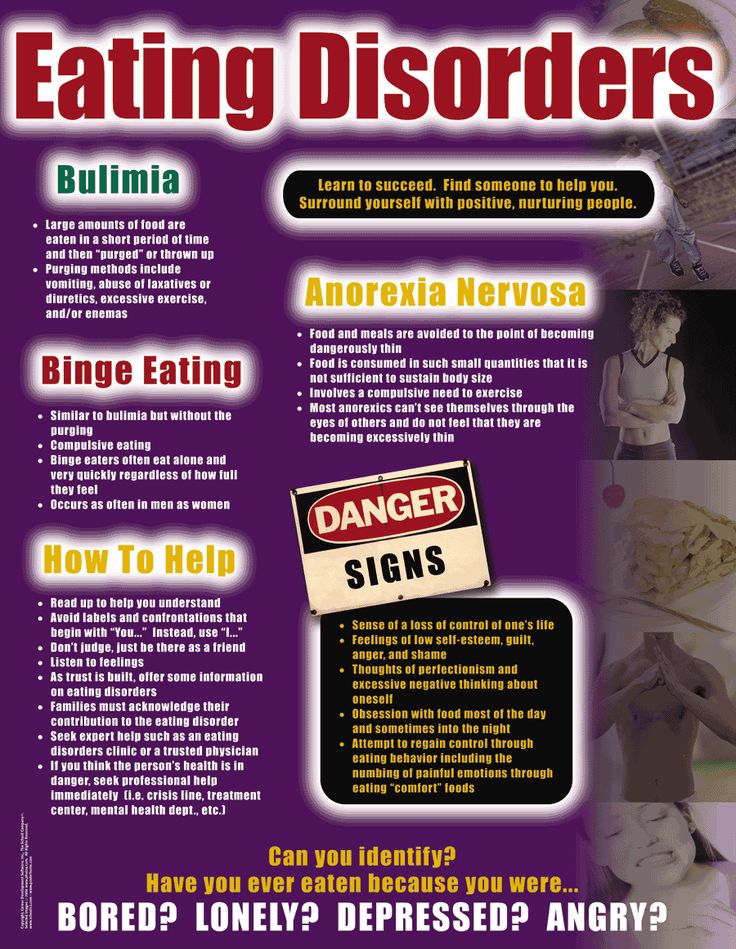 g. constant weigh-ins, spending lots of time in front of the mirror inspecting and criticizing their body)
g. constant weigh-ins, spending lots of time in front of the mirror inspecting and criticizing their body) - Significant weight loss, rapid weight gain, or constantly fluctuating weight
- Frequent comments about feeling fat or overweight, or about a fear of gaining weight
- Wearing baggy clothes or multiple layers in an attempt to hide weight
Worried about someone? Speak out!
If you notice the warning signs of an eating disorder in a friend or family member, it's important to speak up. You may be afraid that you're mistaken, or that you'll say the wrong thing, or you might alienate the person. However, it's important that you don't let these worries stop you from voicing your concerns.
People with eating disorders are often afraid to ask for help. Some are struggling just as much as you are to find a way to start a conversation about their problem, while others have such low self-esteem they simply don't feel that they deserve any help. Whatever the case, eating disorders will only get worse without treatment, and the physical and emotional damage can be severe.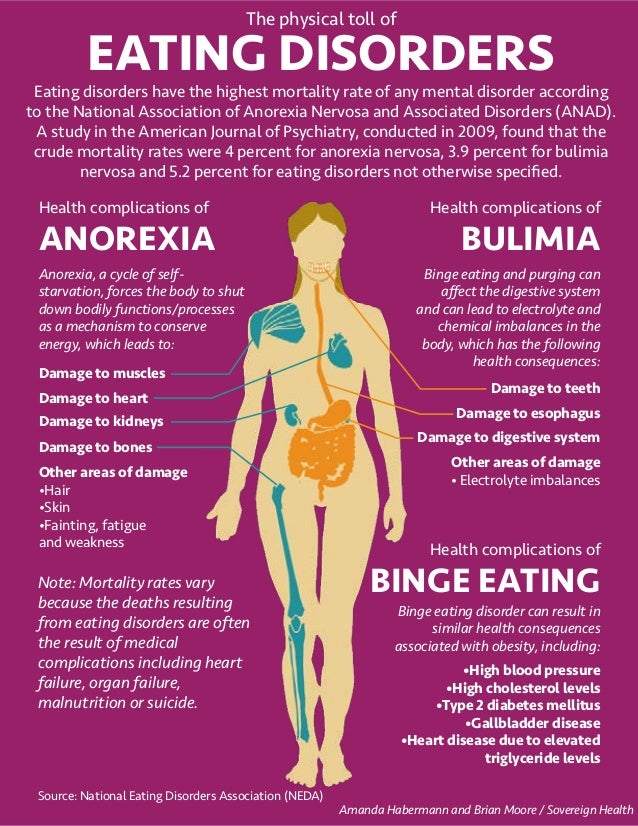 The sooner you start to help, the better their chances of recovery. While you can't force someone with an eating disorder to get better, having supportive relationships is vital to their recovery. Your love and encouragement can make all the difference.
The sooner you start to help, the better their chances of recovery. While you can't force someone with an eating disorder to get better, having supportive relationships is vital to their recovery. Your love and encouragement can make all the difference.
ADVERTISEMENT
How to talk to someone about their eating disorder
The decision to make a change is rarely an easy one for someone with an eating disorder. If the eating disorder has left them malnourished, it can distort the way they think—about their body, the world around them, even your motivations for trying to help. Bombarding them with dire warnings about the health consequences of their eating disorder or trying to bully them into eating normally probably won't work. Eating disorders often fill an important role in the person's life—a way to cope with unpleasant emotions—so the allure can be strong. Since you may be met with defensiveness or denial, you'll need to tread carefully when broaching the subject.
Pick a good time. Choose a time when you can speak to the person in private without distractions or constraints. You don't want to have to stop in the middle of the conversation because of other obligations! It's also important to have the conversation at a time of emotional calm. Don't try to have this conversation right after a blow up.
Choose a time when you can speak to the person in private without distractions or constraints. You don't want to have to stop in the middle of the conversation because of other obligations! It's also important to have the conversation at a time of emotional calm. Don't try to have this conversation right after a blow up.
Explain why you're concerned. Be careful to avoid lecturing or criticizing, as this will only make your loved one defensive. Instead, refer to specific situations and behaviors you've noticed, and why they worry you. Your goal at this point is not to offer solutions, but to express your concerns about the person's health, how you much you love them, and your desire to help.
Be prepared for denial and resistance. There's a good chance your loved one may deny having an eating disorder or become angry and defensive. If this happens, try to remain calm, focused, and respectful. Remember that this conversation likely feels very threatening to someone with an eating disorder.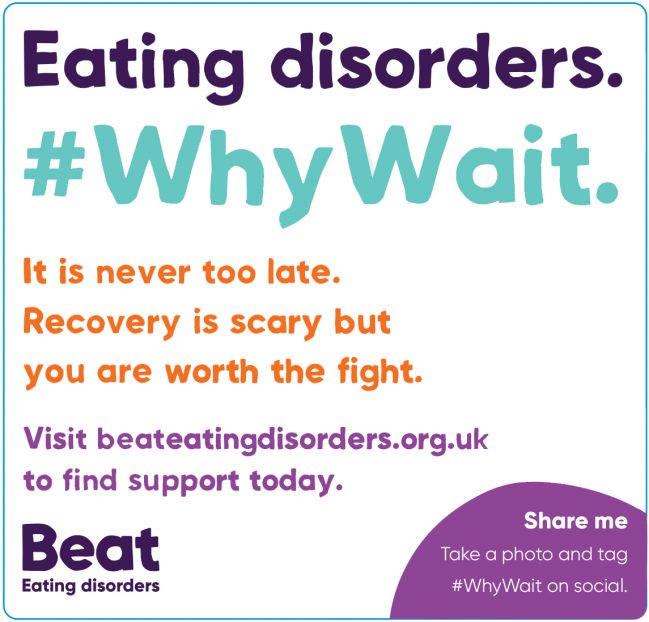 Don't take it personally.
Don't take it personally.
Ask if the person has reasons for wanting to change. Even if your loved one lacks the desire to change for themselves, they may want to change for other reasons: to please someone they love, to return to school or work, for example. All that really matters is that they are willing to seek help.
Be patient and supportive. Don't give up if the person shuts you down at first. It may take some time before they're willing to open up and admit to having a problem. The important thing is opening up the lines of communication. If they are willing to talk, listen without judgment, no matter how out of touch they may sound. Make it clear that you care, that you believe in them, and that you'll be there in whatever way they need, whenever they're ready.
Encouraging a person to get help
Aside from offering support, the most important thing you can do for a person with an eating disorder is to encourage treatment.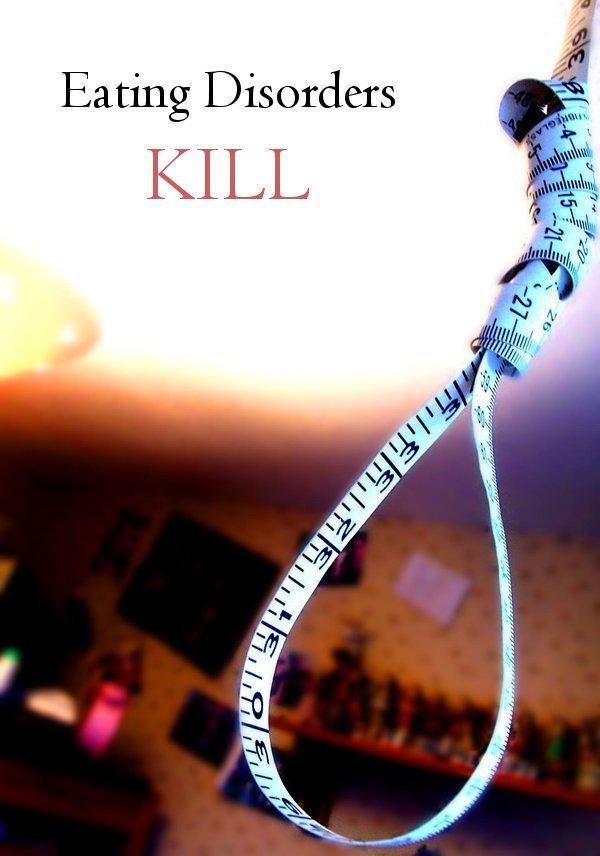 The longer an eating disorder remains undiagnosed and untreated, the harder it is on the body and the more difficult it is to overcome, so urge your loved one to see a doctor right away.
The longer an eating disorder remains undiagnosed and untreated, the harder it is on the body and the more difficult it is to overcome, so urge your loved one to see a doctor right away.
A doctor can assess your loved one's symptoms, provide an accurate diagnosis, and screen for any medical problems that might be involved. The doctor can also determine whether there are any co-existing conditions that require treatment, such as depression, substance abuse, or an anxiety disorder.
If your friend or family member is hesitant to see a doctor, ask them to get a physical just to put your worries to rest. It may help if you offer to make the appointment or go along on the first visit.
Treatments for eating disorders
The right treatment approach for each person depends on their specific symptoms, issues, and strengths, as well as the severity of the disorder. To be most effective, treatment for an eating disorder must address both the physical and psychological aspects of the problem.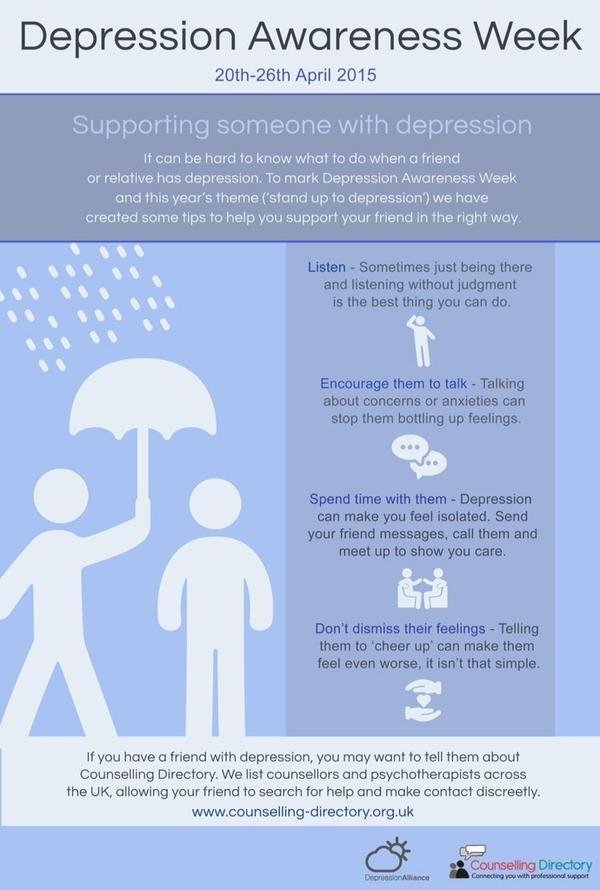 The goal is to treat any medical or nutritional needs, promote a healthy relationship with food, and teach constructive ways to cope with unpleasant emotions and life's challenges.
The goal is to treat any medical or nutritional needs, promote a healthy relationship with food, and teach constructive ways to cope with unpleasant emotions and life's challenges.
A team approach is often best. Those who may be involved in treatment include medical doctors, mental health professionals, and nutritionists. The participation and support of family members also makes a big difference in the success of eating disorder treatment.
Medical treatment. The first priority is to address and stabilize any serious health issues. Hospitalization or residential treatment may be necessary if your loved one is dangerously malnourished, suffering from medical complications, severely depressed or suicidal, or resistant to treatment. Outpatient treatment is an option when the patient is not in immediate medical danger.
Nutritional counseling. Dietitians or nutritionists can help your loved one design balanced meal plans, set dietary goals, and reach or maintain a healthy weight. Counseling may also involve education about proper nutrition.
Counseling may also involve education about proper nutrition.
Therapy. Therapy plays a crucial role in eating disorder treatment. Its goals are to identify the negative thoughts and feelings that are behind the disordered eating behaviors, and to replace them with healthier and less distorted attitudes. Another important goal is to teach the person how to deal with difficult emotions, relationship problems, and stress in a productive, rather than a self-destructive way.
| Common types of Therapy for Eating Disorder Treatment |
| Individual therapy. Explores both the eating disorder symptoms and the underlying emotional and interpersonal issues that fuel them. The focus is on increasing self-awareness, challenging dysfunctional beliefs, and improving self-esteem and sense of control. |
Family therapy. Examines the family dynamics that may contribute to an eating disorder or interfere with recovery. Often includes some therapy sessions without the patient—a particularly important element when the person with the eating disorder denies having a problem. Often includes some therapy sessions without the patient—a particularly important element when the person with the eating disorder denies having a problem. |
| Group therapy. Allows people with eating disorders to talk with each other in a supervised setting. Helps to reduce the isolation many people with eating disorders feel. Group members support each other through recovery and share their experiences and advice. |
Dealing with eating disorders in the home
As a parent, there are many things you can do to support your child's eating disorder recovery—even if they are still resisting treatment.
Set a positive example. You have more influence than you think. Instead of dieting, eat nutritious, balanced meals. Be mindful about how you talk about your body and your eating. Avoid self-critical remarks or negative comments about others' appearance. Instead, focus on the qualities on the inside that really make a person attractive.
Make mealtimes fun. Try to eat together as a family as often as possible. Even if your child isn't willing to eat the food you've prepared, encourage them to join you at the table. Use this time together to enjoy each other's company, rather than talking about problems. Meals are also a good opportunity to show your child that food is something to be enjoyed rather than feared.
Avoid power struggles over food. Attempts to force your child to eat will only cause conflict and bad feelings and likely lead to more secrecy and lying. That doesn't mean you can't set limits or hold your child accountable for their behavior. But don't act like the food police, constantly monitoring your child's behavior.
Encourage eating with natural consequences. While you can't force healthy eating behaviors, you can encourage them by making the natural consequences of not eating unappealing. For example, if your child won't eat, they can't go to dance class or drive the car because, in their weakened state, it wouldn't be safe. Emphasize that this isn't a punishment, but simply a natural medical consequence.
Emphasize that this isn't a punishment, but simply a natural medical consequence.
Do whatever you can to promote self-esteem. in your child in intellectual, athletic, and social endeavors. Give boys and girls the same opportunities and encouragement. A well-rounded sense of self and solid self-esteem are perhaps the best antidotes to disordered eating.
Don't blame yourself. Parents often feel they must take on responsibility for the eating disorder, which is something they truly have no control over. Once you can accept that the eating disorder is not anyone's fault, you can be freed to take action that is honest and not clouded by what you “should” or “could” have done.
Supporting a loved one's recovery
Recovering from an eating disorder takes time. There are no quick fixes or miracle cures, so it's important to have patience and compassion. Don't put unnecessary pressure on your loved one by setting unrealistic goals or demanding progress on your own timetable. Provide hope and encouragement, praise each small step forward, and stay positive through struggles and setbacks.
Provide hope and encouragement, praise each small step forward, and stay positive through struggles and setbacks.
Learn about eating disorders. The more you know, the better equipped you'll be to help your loved one, avoid pitfalls, and cope with challenges.
Listen without judgment. Show that you care by asking about your loved one's feelings and concerns—and then truly listening. Resist the urge to advise or criticize. Simply let your friend or family member know that they're being heard. Even if you don't understand what they're going through, it's important to validate your loved one's feelings.
Be mindful of triggers. Avoid discussions about food, weight, eating or making negative statements about your own body. But don't be afraid to eat normally in front of someone with an eating disorder. It can help set an example of a healthy relationship with food.
Take care of yourself. Don't become so preoccupied with your loved one's eating disorder that you neglect your own needs. Make sure you have your own support, so you can provide it in turn. Whether that support comes from a trusted friend, a support group, or your own therapist, it's important to have an outlet to talk about your feelings and emotionally recharge. It's also important to schedule time into your day for relaxing and doing things you enjoy.
Make sure you have your own support, so you can provide it in turn. Whether that support comes from a trusted friend, a support group, or your own therapist, it's important to have an outlet to talk about your feelings and emotionally recharge. It's also important to schedule time into your day for relaxing and doing things you enjoy.
Authors: Melinda Smith, M.A., Lawrence Robinson, and Jeanne Segal, Ph.D.
Almost Anorexic – Is My (or My Loved One’s) Relationship with Food a Problem? (Harvard Health Books)
The Parent Toolkit (PDF) – Advice for parents of children with eating disorders. (National Eating Disorders Association)
Eating Disorders – Causes, effects, warning signs, and treatment of eating disorders in kids and teens. (KidsHealth)
Help for Friends & Family – Tips on how to approach a person with an eating disorder, what to say, and how to take care of yourself. (National Eating Disorder Information Centre)
Treatment –Tips on eating disorder treatment. (National Eating Disorders Association)
(National Eating Disorders Association)
Hotlines and support
In the U.S.: National Eating Disorders Association or call 1-800-931-2237 (National Eating Disorders Association)
UK: Beat Eating Disorders or call 0345 643 1414 (Helpfinder)
Australia: Butterfly Foundation for Eating Disorders or call 1800 33 4673 (National Eating Disorders Collaboration)
Canada: Service Provider Directory or call 1-866-633-4220 (NEDIC)
Around the web
Last updated: October 21, 2022
How to Support Someone Struggling With An Eating Disorder
By Lilianna Hogan
Medically Reviewed by Melinda Ratini, DO, MS on September 09, 2021
In this Article
- Ways to Help Without Directly Speaking to Them About It
- How to Speak to Someone With an Eating Disorder
Being in the grips of an eating disorder can disrupt someone’s mind in a very real way. They may or may not realize that they have this problem. If they do acknowledge it, they may have conflicting feelings about seeking treatment or changing their behavior. That's why friends and family can often play a key role in helping those with eating disorders get the help they need.
They may or may not realize that they have this problem. If they do acknowledge it, they may have conflicting feelings about seeking treatment or changing their behavior. That's why friends and family can often play a key role in helping those with eating disorders get the help they need.
Ways to Help Without Directly Speaking to Them About It
Oftentimes, your family member or friend might not realize or accept that they have an eating disorder. The best chance for treating this problem is by speaking with a mental healthcare professional.
Here are some ways you can guide your friend or family member toward seeking help without directly speaking to them about it.
- Continue to let them know they're welcome. This person may be in a place where they're self-isolating. It may be hard to encourage them to engage in the outside world. But keep trying. Even if they say no, being invited will let them know you still value them as a person.

- Shower them with love. Telling them how much you love them and appreciate them can build their self-esteem and help them through this challenging time in their life.
- Listen to them. This may be difficult, but simply giving them your time and listening to them without judgment can mean the world to them. It can be tough to hear them speak about themselves and what they eat but not giving advice or passing judgment is what's important.
Offering support is essential, and you can do this indirectly by:
- Understanding that their eating disorder is not your fault.
- Understanding how hard this affliction is for them.
- Educating yourself about eating disorders from reputable sources.
- Avoiding talk about body image, weight loss, diets, or other related topics.
- Modeling healthy behaviors around food, eating, and body image.
- Reminding yourself that recovery is always possible and that things can change for your friend or loved one.
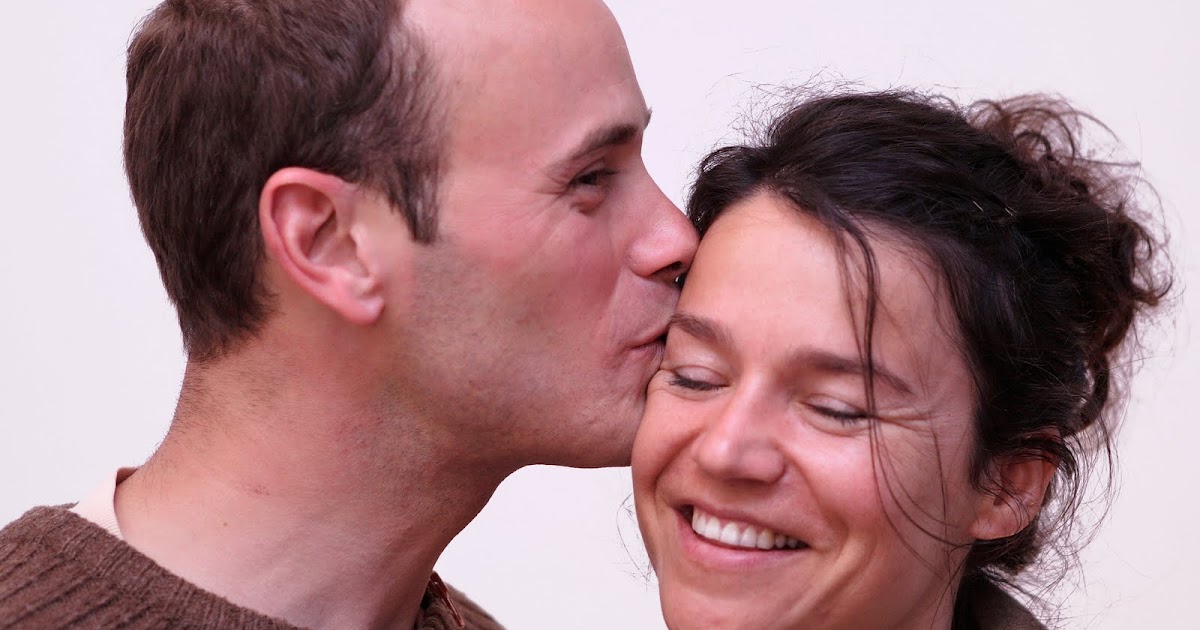
- Taking stock of any behaviors you exhibit that directly accommodate or enable your friend or loved one's eating disorder.
How to Speak to Someone With an Eating Disorder
If you're ready and feel the time is right to speak with your friend or loved one about their eating disorder, here are some tips that may help:
- Think of what you'll say beforehand. Writing down what you want to say or rehearsing what you'll say helps. That way, you'll be less anxious as you speak to your friend or loved one, and your thoughts will be more clear.
- Create the time and space. Make sure there's a private, safe place to talk. These issues are very sensitive and you don’t want any outside distractions to interrupt your conversation.
- Share your experience with honesty. Honestly let them know how concerned you are for their safety. Holding back will not help.
- Stick to using “I” statements.
 Sticking to your own experience by structuring all your statements with "I" is very helpful. Otherwise, you risk sounding accusatory and making your friend or loved one feel attacked or shamed.
Sticking to your own experience by structuring all your statements with "I" is very helpful. Otherwise, you risk sounding accusatory and making your friend or loved one feel attacked or shamed. - Remember the facts. Discussing someone’s eating disorder with them can stir up several conflicting emotions. Always bring things back to the facts of the situation, like things you've observed and why those things alarm or upset you, so that you can keep your conversation on a more productive track.
- Love them but hold your ground. Being loving doesn’t always mean being sweet. Don't let your friend manipulate you. Avoid making extreme rules, promises, or expectations that are not helpful.
- Let them know they're not judged. Eating disorders carry an incredible amount of stigma and shame with them. Remind your loved one there's no shame in admitting that they struggle with an eating disorder.
- Don’t give them simple remedies.
 Simply telling your friend or loved one to start eating and stop having an eating disorder isn't helpful. Most likely, they'll walk away from the conversation feeling unseen, unheard, and defensive.
Simply telling your friend or loved one to start eating and stop having an eating disorder isn't helpful. Most likely, they'll walk away from the conversation feeling unseen, unheard, and defensive. - Know that you could face a very negative reaction. From anger to disbelief to denial, there can be a whole range of negative responses to raising your concerns over another person’s eating disorder. Be prepared for this person to react unkindly to you.
- Research treatment options ahead of your conversation. Seeking professional help increases the likelihood of recovery from an eating disorder. Sharing your research with your friend or loved one might help them understand the problem and find the right treatment option.
5 Ways to Support the Person with an Eating Disorder » MAKEOUT - A Gender & Sexuality Magazine
Eating Disorder Recovery (EDD) is, simply put, a long-term effort to give up erratic eating behavior for the sake of your health.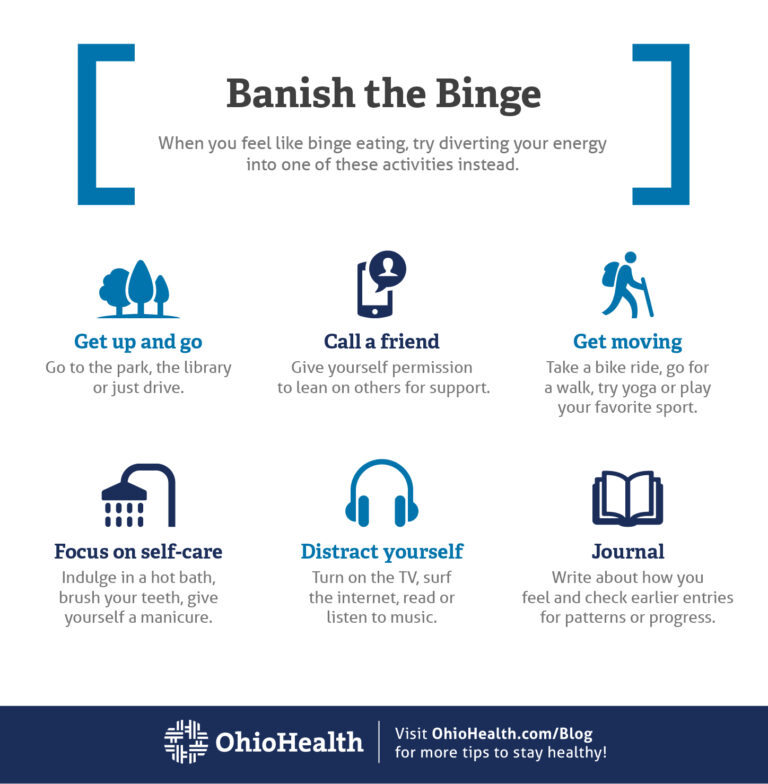 And most often this process is felt as a constant balancing somewhere “on the edge”.
And most often this process is felt as a constant balancing somewhere “on the edge”. Constantly surrounded by things that can trigger a relapse, many people recovering from eating disorders behave in the same way as those who struggle with alcohol addiction: they are "stuck" in a world where their destructive behavior can easily return.
The need to constantly be strong in order to fight bad thoughts and self-destructive actions is debilitating. One wrong decision can be a disaster. Therefore, a supportive environment is very important on the path to recovery.
©Wendy van SantenBut where do I start? How to organize a safe space for someone you love? This article can be a good starting point.
While I hope that people with eating disorders find it useful (and share it with their loved ones), it is not primarily intended for them.
To be precise, this article is written for those who say, “I know that my friend or someone in my family has an eating disorder. What should I do now?
What should I do now?
1. Find out more
Before supporting a loved one in need, it is important to deal with your prejudices and delusions on your own. You can find a book about eating disorders, watch a documentary, or find personal stories of people with eating disorders online. Harriet Brown's Brave Girl Eating (2010) and Laurie Holes Andersen's Wintergirls (2010) are my favorite books. And then there is the documentary film "THIN" ("Anorexia", 2006): it shows the life of rehabilitation centers without embellishment.
You can look at informal online resources (such as social media groups) about eating disorders if you want to know how some people with these disorders think, but don't jump to conclusions about your loved one's experience based on information from such sources. Remember, your lover should not be the first and only source of information about what it's like to experience or recover from an eating disorder. There are thousands of resources that can be found just by googling.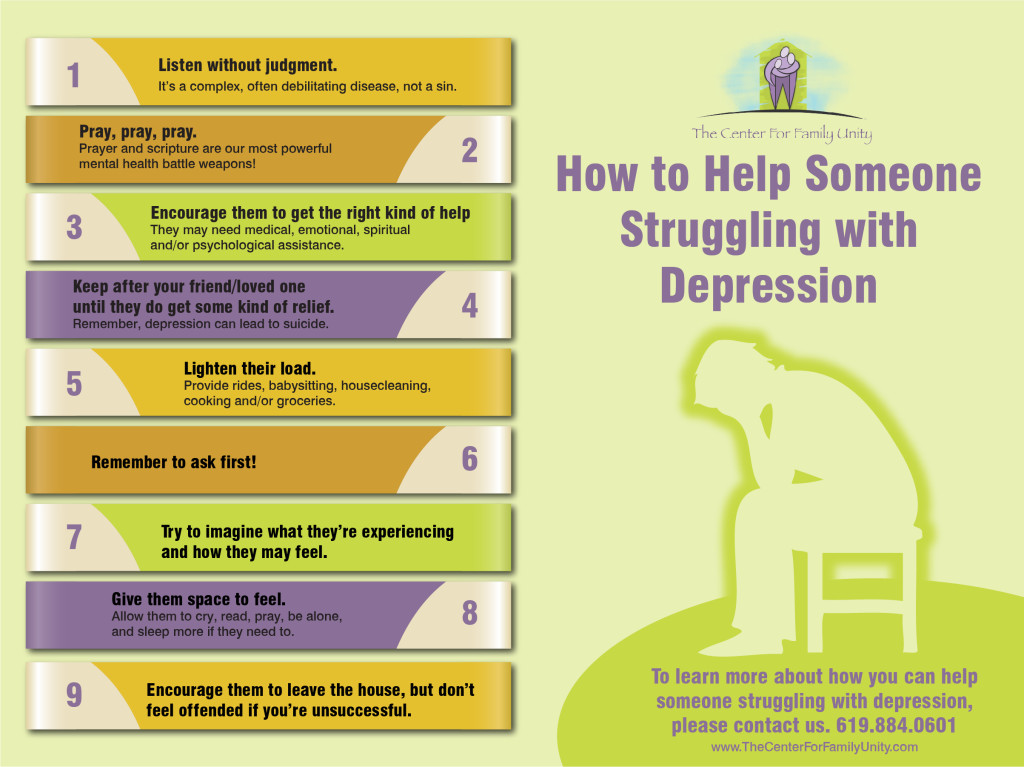 A little effort in self-education will serve you well in the future.
A little effort in self-education will serve you well in the future.
2. Be a good ally
Be present in the life of your loved one, but don't pressure them. Listen if she needs it, but don't make her say something if she doesn't want to. Try not to criticize or judge the words of your loved one, even if you find it hard to contain yourself. Count to 5 (or 10 or even 20!) before answering. Avoid unsolicited advice.
Remember, a person with eating disorders needs to regain his independence.
Try to understand her feelings together and work with their manifestations. Talk about your feelings and formulate your wishes based on your own thoughts and emotions, trying not to offend or blame others. Try to do this with the help of personal pronouns: "I", "me", "me". Ask your loved one to do the same. If you want to offer something, do it gently, without pressure, without saying that he_a "should" do something. If you don't understand something or want to know more information, just ask.
But always be prepared for the fact that the person you love may not want to discuss certain things. Try to approach the questions in a casual manner: “Do you mind if I ask you a few questions? You don't have to answer if you don't want to." Be sympathetic, but collected.
3. Avoid talking about physicality
Don't draw attention to her body, don't try to deal with her experience by talking about her own weight or body. Phrases such as "I would like a figure like yours!" or "I already think you're beautiful" may seem supportive, but they can also be harmful to a person in remission.
Your kind compliments may sound very different to her, so it's best to avoid them. Remember! What seems like a passing remark about your own body (such as "Those jeans got big on me" or "I feel so fat today") can be a trigger for a person with an eating disorder.
Instead, focus on accomplishments and character traits that are not related to the body. Take your attention away from the physical.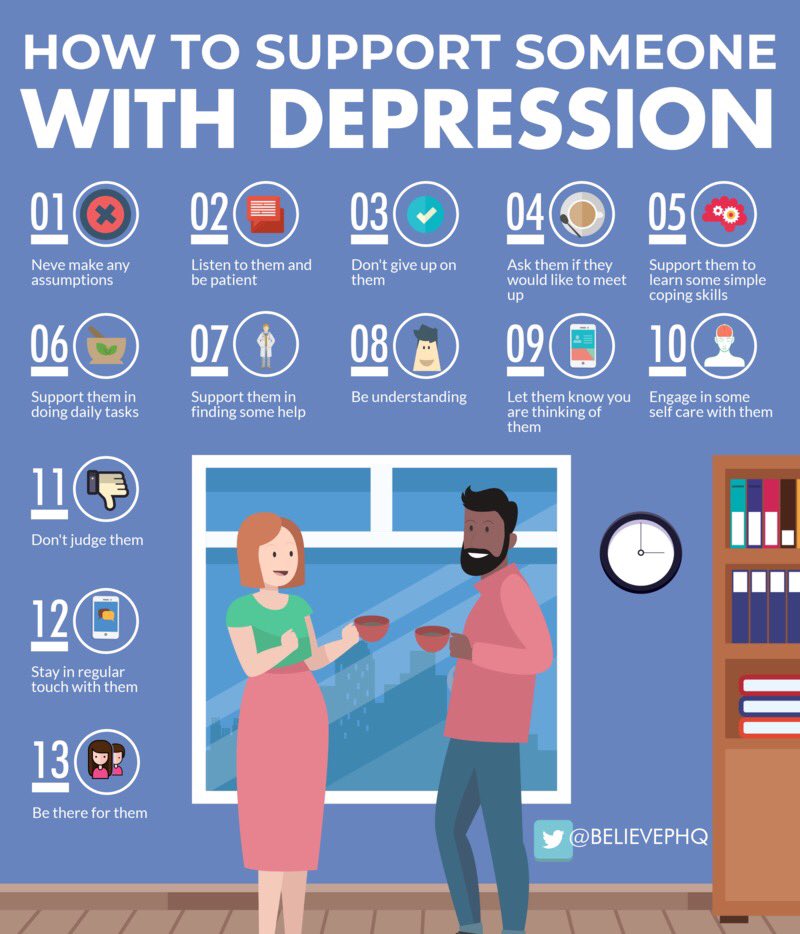 This is difficult to do in a culture where we are constantly open about the body (especially our dissatisfaction with it), so it may take some effort.
This is difficult to do in a culture where we are constantly open about the body (especially our dissatisfaction with it), so it may take some effort.
4. Be sensitive to the amount of food
Food and quantity can be very stressful for people with eating disorders. Keep this in mind when planning, for example, gifts or activities (friendly advice: going out to eat or go shopping are not the best ideas). If you are eating in front of a person with an eating disorder, avoid talking about food (“You can afford to eat more” or “You can order more than just a salad”).
Numbers often define (and therefore worry about) people with eating disorders. People in remission find it difficult to rewire their thinking to stop making constant calculations. Therefore, you'd better avoid any statements about food, weight, calories, etc. (“I lost 5 kg” or “There are 600 calories in this dish”). Think about what you are saying.
When in doubt, ask the person about her triggers.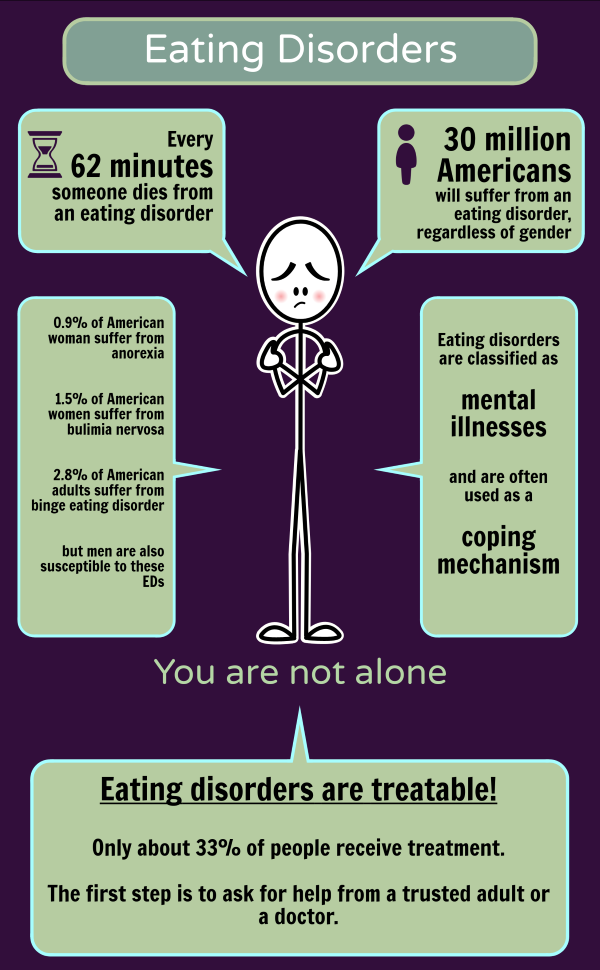
5. Recognize accomplishments, but do so tactfully
When a person is in remission, they (finally!) begin to overcome their aversion to food and stabilize their weight. When your loved one overcomes the fear of food and reaches the desired weight, it is worth celebrating. But think twice how this holiday is worth celebrating.
Remember point number 3: avoid talking about the body. When you say to someone who has (had) an eating disorder, "you look so healthy!", he may interpret it as "you look fat". Focus on the achievement itself, not on its external manifestations. A simple “I’m proud of you” or “You did a great job, keep going” will be better.
©Wendy van SantenBONUS: Remember to take care of yourself
You are not responsible for someone else's treatment. It's not in your power. Being close to those who need support is a sincere act of caring. You are doing something really important for a person.
But don't forget your own needs. It's okay if the current situation starts to put pressure on you. It's okay if you need to take a step back. It's okay if you're confused, if you have questions. Take care of yourself. The most important thing is that you are trying to help.
It's okay if the current situation starts to put pressure on you. It's okay if you need to take a step back. It's okay if you're confused, if you have questions. Take care of yourself. The most important thing is that you are trying to help.
Eating is very hard not only for the person, but also for those who try to be around. It's complicated. And all people are different.
But no matter how different people with eating disorders are, they all want their loved ones to know that the best way to support a person with eating disorders is to ask what she needs and be honest in her answers, reactions, and assessment of her abilities.
how to support the one you love
Blog - 14 Tips: how to support the one you love
Tags: Help for loved ones, Expert advice
How do you deal with your loved one when they are struggling with symptoms of an eating disorder? Perhaps you are worried about the thought that you will not be able to find the “right approach”.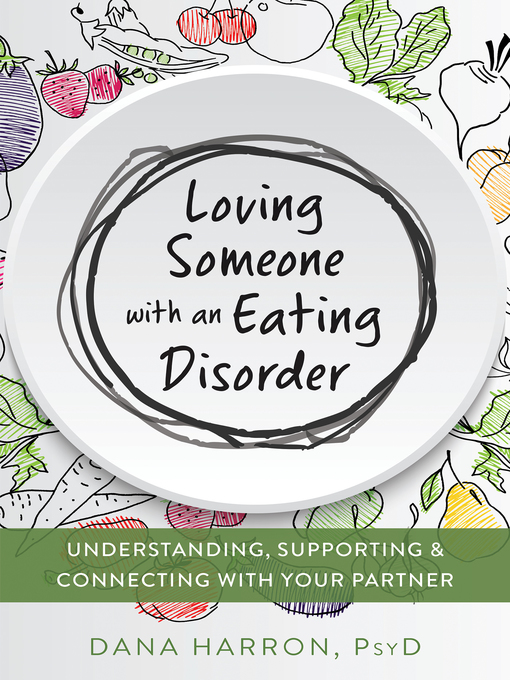 However, that doesn't change the fact that your support is very important to him/her in his/her recovery! Our tips can help you find the “best approach” and tell you how to support your loved one:
However, that doesn't change the fact that your support is very important to him/her in his/her recovery! Our tips can help you find the “best approach” and tell you how to support your loved one:
- Remember that an eating disorder (bulimia, anorexia, compulsive overeating) is a disease. And in no way could you provoke her appearance.
- Accept that you are not all-powerful. You cannot force someone to want to change for the better.
- Accept your loved one for who he is. Remember that your loved one is primarily a person who has a problem, but at the same time he remains a person who should be respected, not insulted, not pressured.
- Treat the patient with understanding, but at the same time be firm.
- Remind yourself often of strengths and health that are not related to appearance, eating habits or food.
- Find support for yourself. For example, seek the help of a psychologist so that he can help find the strength within to support, or contact a specialist medical psychologist directly for support and help in walking this path.

- Support your loved one in their desire to discuss their eating disorder with you.
- Offer to plan a healthy "meal plan" together.
- Think of something you could do together after breakfast/lunch/dinner. This will help your loved one shift their attention and energy to something else. Let it be something that doesn't involve a discussion of weight, nutrition, exercise, and food.
- Become a role model for your loved one in matters of nutrition, figure and weight - both in relation to yourself and in relation to others. Do not criticize your appearance in front of a mirror (do not say: this dress makes me fat, these pants make me have a fat butt, etc.)
- Set an example: participate in family therapy (if necessary), be open about your feelings, show how you quickly and effectively solve certain problems. It will be a good example if you yourself start going to a psychologist, show that you are not an omnipotent person, but having the strength to seek help.
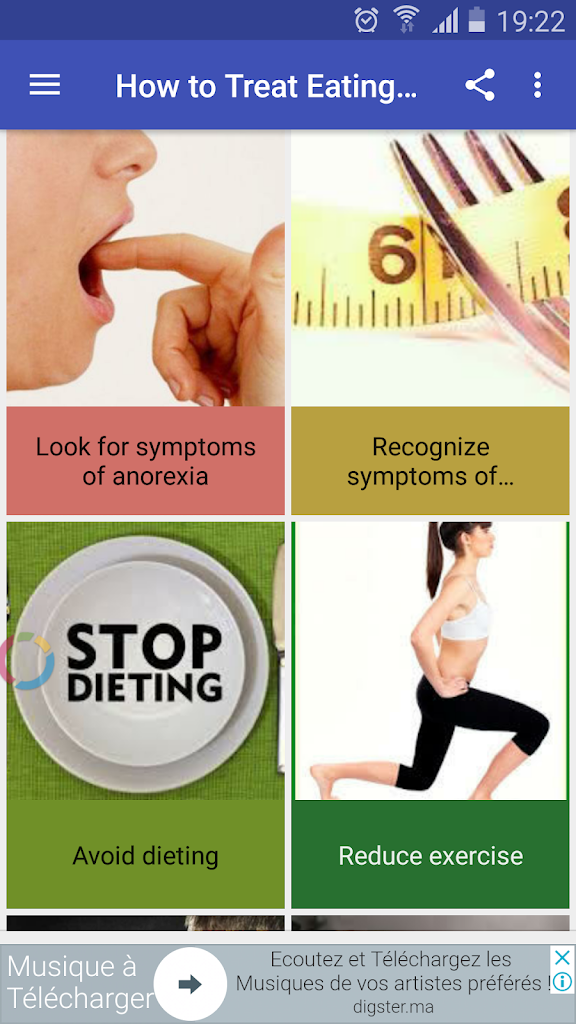 That you openly go to a psychologist for support and help in order to have the resources to support your loved one.
That you openly go to a psychologist for support and help in order to have the resources to support your loved one. - Learn to listen to what he/she tells you about his/her feelings and experiences.
- Convince a loved one that you believe in him. Your support is invaluable to him. Say "I believe in you, I know that it will not be easy, but I want you to know that I will be there in any case", "we are together, I believe that we will succeed with you."
- Understand that the recovery process can take time, as each case of an eating disorder is different. Each type and degree of disease requires a different treatment time. For someone, a month is enough to recover, for someone six months, and for someone it will take 2 years. No one can predict in advance how this process will develop and how long it will take. The main thing is to believe in yourself and in your loved one and everything will definitely work out!
Blog - 14 Tips: How to support the one you love
Copying materials from bulimii.